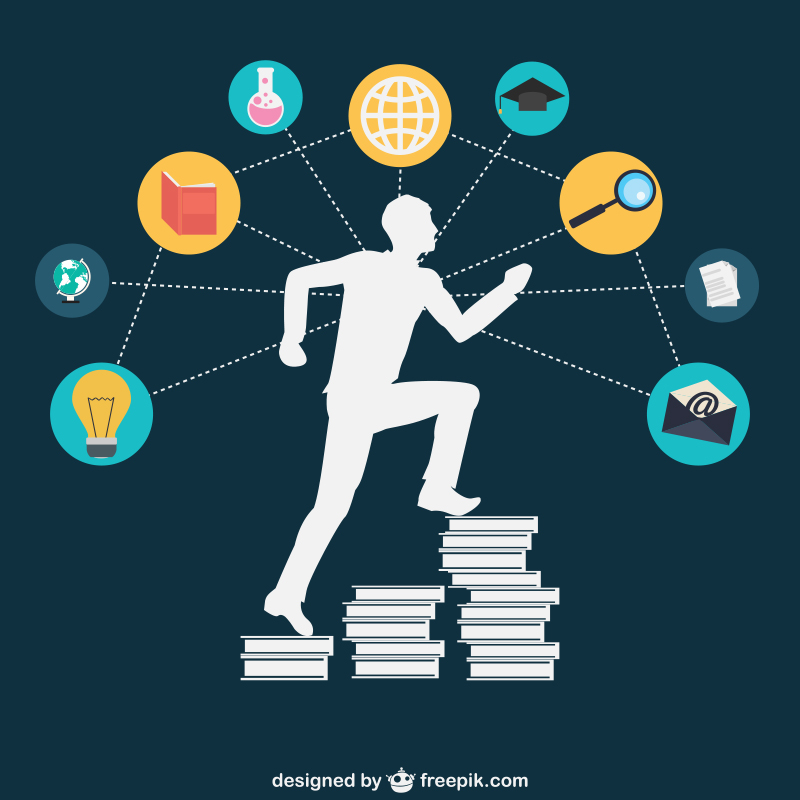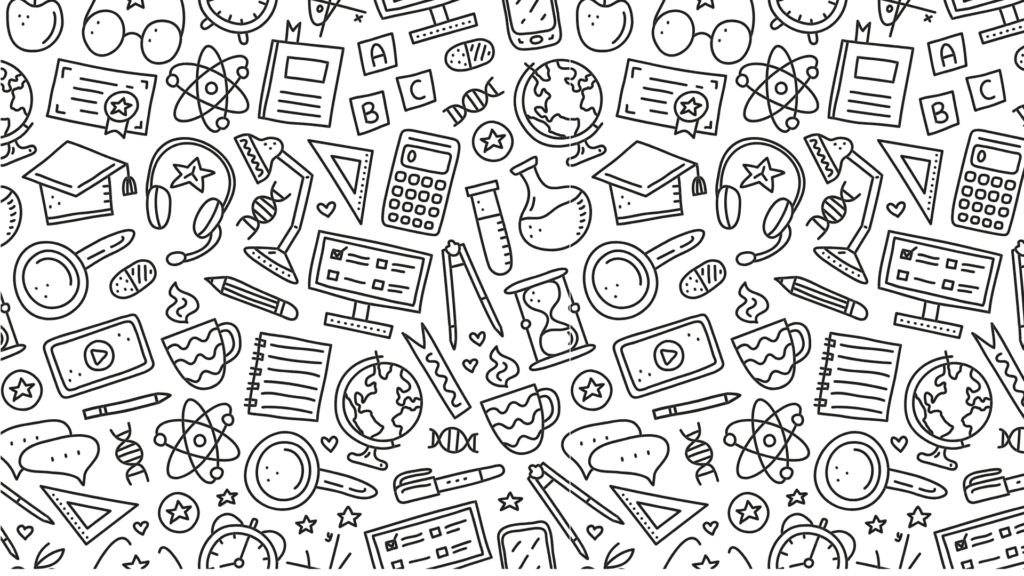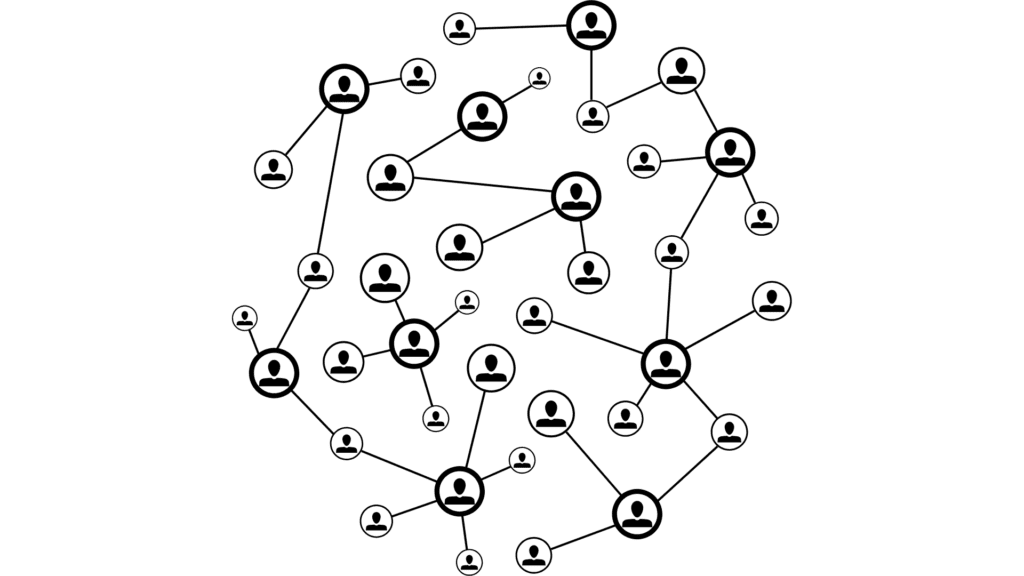Future-Proof Your Career: Skills That Transform Trajectories

Today’s career paths rarely follow a linear trajectory. The conventional notion of climbing a predefined corporate ladder has been replaced by a more dynamic, web-like structure of opportunities.
Digital transformation has accelerated this evolution, creating hybrid roles that combine multiple disciplines and skill sets. For professionals in specialized fields, processes like provider credentialing are just one example of how industry-specific expertise intersects with broader career trends.
Essential Skills for Tomorrow’s Workplace
The skills that drive career advancement have shifted dramatically.
While technical expertise remains important, it’s the meta-skills that truly differentiate high-performing professionals.
Critical thinking, emotional intelligence, and adaptive learning capabilities have become foundational elements of career resilience. The rise of artificial intelligence and automation has heightened the importance of uniquely human capabilities like creative problem-solving and complex decision-making.
The Digital Transformation Impact
As technology reshapes industries, professionals must embrace digital fluency. This doesn’t mean everyone needs to become a programmer, but understanding digital trends, data literacy, and technological implications within your field has become non-negotiable.
Integrating AI tools and automation requires professionals to develop both technical acumen and leverage these technologies effectively for enhanced productivity.
Building Professional Resilience
Modern careers require robust strategies for maintaining momentum and relevance. Strong employee engagement and retention often correlate with organizations that support continuous learning and professional development.
Professionals seeking growth opportunities typically find themselves better positioned for long-term success.
Recovering from setbacks and adapting to rapid change has become a critical career differentiator.
The Power of Soft Skills
While technical skills may open doors, soft skills often determine how far you’ll go:
- Adaptive Communication
- Problem-Solving Agility
- Collaborative Leadership
- Change Management
- Strategic Thinking
- Cross-Cultural Competence
Emotional intelligence has become increasingly crucial as workplaces become more globally connected.
Creating Your Learning Ecosystem

Professional growth in the modern era requires creating a personal learning ecosystem. This includes formal education, informal learning networks, mentorship relationships, and practical experience.
The key lies in maintaining a balanced approach to skill development. Digital learning platforms and micro-credentialing have expanded access to specialized knowledge and skill certification.
Navigating Career Transitions
The ability to navigate career transitions successfully has become increasingly important. Whether moving between roles and industries or creating new career paths, professionals must develop strong transition management capabilities.
The gig economy and remote work revolution have created new opportunities for career experimentation and portfolio careers.
The Innovation Mindset
Cultivating an innovation mindset helps professionals identify and create opportunities rather than simply responding to them.
This approach involves staying curious, embracing calculated risks, and maintaining a growth-oriented perspective. Design thinking and agile methodologies have become valuable frameworks for driving innovation in any role.
Strategic Network Building

Professional networks have evolved beyond simple connection lists. Strategic relationship building within and outside your immediate professional circle is crucial in career sustainability and growth opportunities.
Virtual networking platforms have expanded the reach and diversity of professional connections while making relationship maintenance more systematic.
Measuring Professional Growth
Success in modern careers requires regular self-assessment and adaptation. Understanding how to measure your professional growth and adjust your trajectory ensures continuous advancement and relevance in your chosen field.
Data-driven career development tools and personal analytics have made it easier to track progress and identify areas for improvement.
Conclusion
Future-proofing your career is an ongoing process that requires the intentional development of diverse skill sets, strategic thinking, and continuous adaptation.
By building these transformative skills while maintaining awareness of industry trends, professionals can position themselves for sustainable success in an ever-evolving workplace.
The goal isn’t just to adapt to change but to thrive in it, creating opportunities from challenges and turning market shifts into advantages for career growth.






